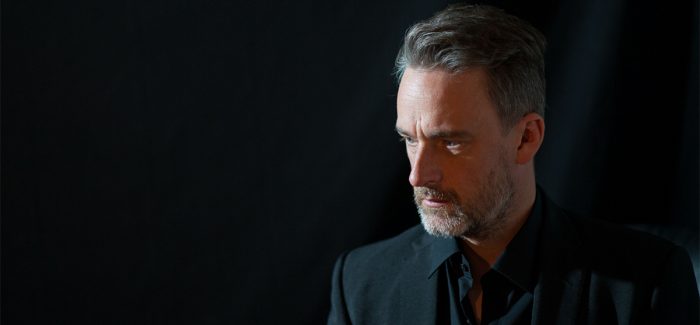Best of The Month – The Science Of Storytelling
Editor | On 11, Sep 2019
Darrell Mann
 Budding authors have literally hundreds of books to choose from if they’re looking for ‘help’ to make their writing better. Nearly all of them seem to be weak imitations of Joseph Campbell’s ‘Hero With A Thousand Faces’, or Christopher Booker’s ‘Seven Basic Plots’. These are the two people that effectively did the literary equivalent of what Genrich Altshuller did for the world of technology: go and find patterns. Once you know what the patterns are, everything else is just noise. Once Campbell and Booker revealed the ‘first principles’ of successful literature, there wasn’t going to be much for anyone else to say. Unless they managed to dig deeper into those first principles – into neurology for example – to see if anything lies beneath. Which is precisely what author, Will Storr, has attempted to do in his new book, The Science Of Storytelling. Better yet, he passes our meaning-maker test. In that he’s actually a do-er (he’s published two successful novels) as well as a thinker. Plus he teaches. Which means he’s obliged to not just understand how his subject works, but how it works in the context of everything around it.
Budding authors have literally hundreds of books to choose from if they’re looking for ‘help’ to make their writing better. Nearly all of them seem to be weak imitations of Joseph Campbell’s ‘Hero With A Thousand Faces’, or Christopher Booker’s ‘Seven Basic Plots’. These are the two people that effectively did the literary equivalent of what Genrich Altshuller did for the world of technology: go and find patterns. Once you know what the patterns are, everything else is just noise. Once Campbell and Booker revealed the ‘first principles’ of successful literature, there wasn’t going to be much for anyone else to say. Unless they managed to dig deeper into those first principles – into neurology for example – to see if anything lies beneath. Which is precisely what author, Will Storr, has attempted to do in his new book, The Science Of Storytelling. Better yet, he passes our meaning-maker test. In that he’s actually a do-er (he’s published two successful novels) as well as a thinker. Plus he teaches. Which means he’s obliged to not just understand how his subject works, but how it works in the context of everything around it.

If you want to check out what that looks like when it all gets put together, I recommend you take fifteen minutes out of your day and watch his TEDx talk:
https://www.youtube.com/watch?v=P2CVIGuRg4E
Which, fortunately, also serves as an elegant overview of what you’ll read in the book’s 272 pages. Eudaemonia, the Sacred Flaw, The God Moment, cause-and-effect networks, ‘symphonies of change’, there’s a lot on offer here. As with most things in life, it could have been better if Storr had known something about TRIZ. He doesn’t use the word contradiction, but when you add what TRIZ tells us about the importance of revealing and resolving contradictions (per ‘The Ordeal’ in Campbell’s work), it serves only to enrich Storr’s many insights rather than negate any of them.
I imagine this book, like the Hero With A Thousand Faces and The Seven Basic Plots, will still be within touching distance, on the bookcase next to my desk in ten years’ time. The story The Science of Storytelling has to tell is way bigger than the one prospective author’s might want to hear. It is the story of all of us. Why we are all ‘homo narrans’. Why innovators need to get better at telling their story. And how they should set about doing it.

